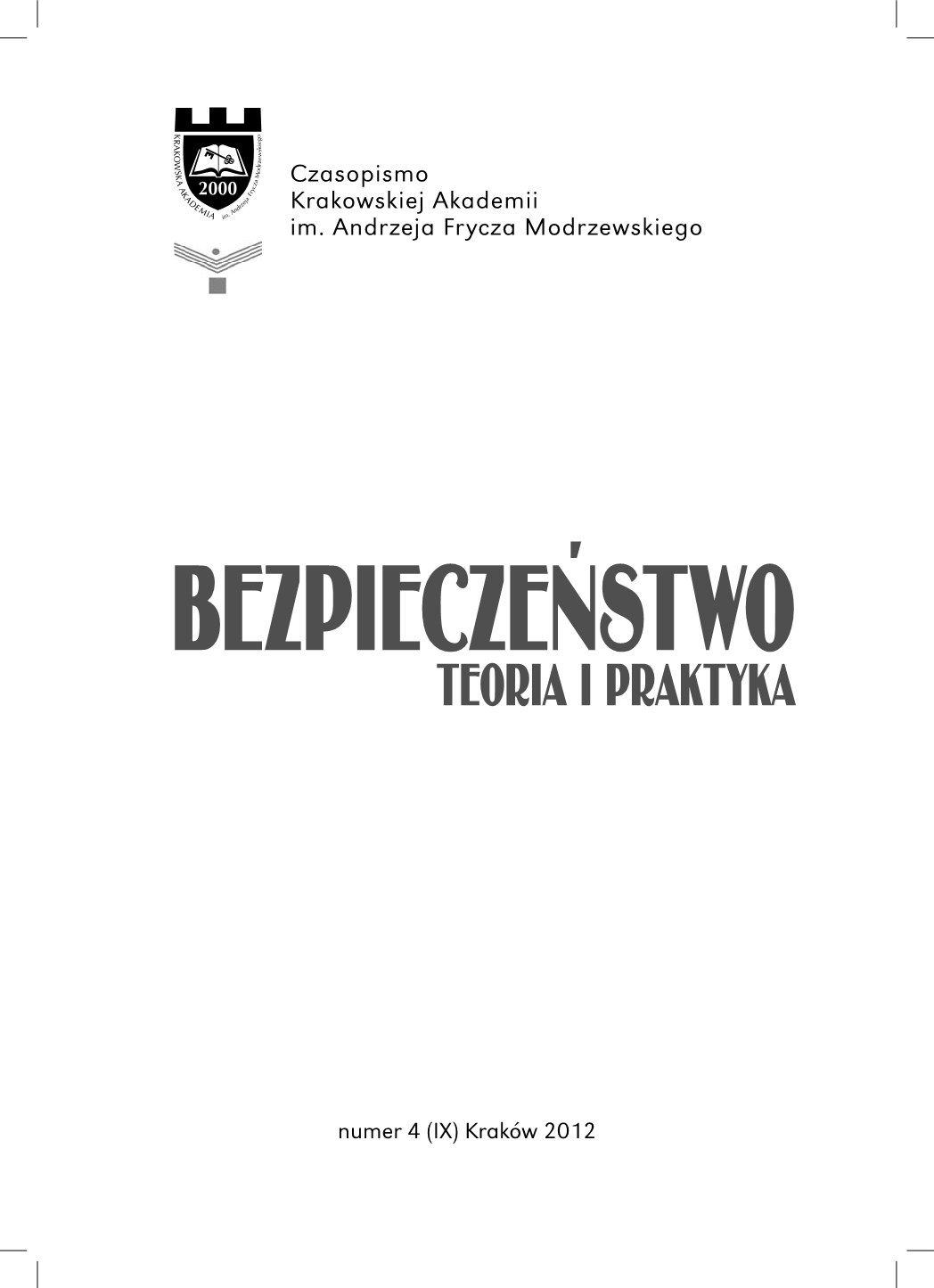System bezpieczeństwa Ligi Narodów w perspektywie teoretycznej nauk o bezpieczeństwie
Security System of the League of Nations in the Theoretical Perspective of the Security Sciences
Author(s): Jerzy StańczykSubject(s): Philosophy, Security and defense, Peace and Conflict Studies
Published by: Oficyna Wydawnicza AFM Uniwersytetu Andrzeja Frycza Modrzewskiego w Krakowie
Summary/Abstract: The article contains the characteristic of the security system of the League of Nations in the theoretical perspective of the sciences of security. The author discusses the following aspects (in the following order): the essence of the system of international security, characteristics of the model of collective security, problems of war and peace in the context of the idealism of the League of Nations, post positivism interpretations and, last but not the least, conclusions (e.g. by comparing the League of Nations with the United Nations). The author tries to answer the question why there was a failure of the system of collective security after the World War I. It is pointed out that the League of Nations was established on the basis of idealistic concept, which implies the possibility and the need to establish a system of collective security. In the author’s opinion, due to the domination of the interwar period with declared idealistic concepts, what was missing in its practice was a necessary balance of powers (and thus the required realism), which inevitably had to lead to the failure of the League of Nations and the outbreak of World War II.
Journal: Bezpieczeństwo. Teoria i Praktyka
- Issue Year: IX/2012
- Issue No: 4
- Page Range: 101-118
- Page Count: 18
- Language: Polish

